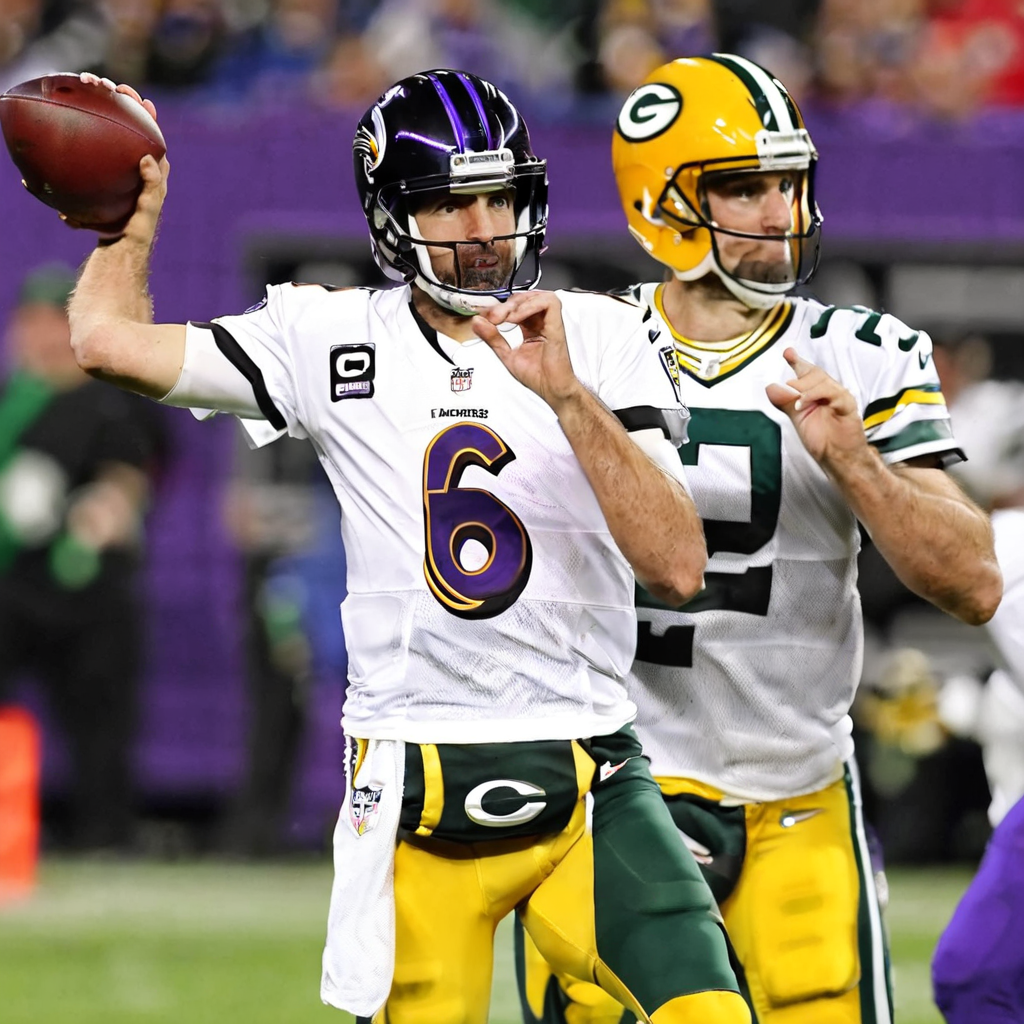Is Quarterback Age Just a Number? Flacco, Rodgers Performances Spark QB Debate
Is Quarterback Age Just a Number? Flacco, Rodgers Performances Spark QB Debate
The resurgence of veteran quarterbacks Joe Flacco and Aaron Rodgers (albeit Rodgers’ performance existing only in hypothetical what-ifs due to injury) has reignited a long-standing debate in the NFL: how much does age really matter when it comes to quarterback performance? Flacco’s recent heroics with the Cleveland Browns and the anticipation surrounding Rodgers’ eventual return for the New York Jets have teams and fans alike questioning their current quarterback situations and reevaluating the perceived limitations of older players.
Traditionally, NFL teams have shied away from quarterbacks past their mid-30s, opting to invest in younger, more mobile prospects believed to have higher ceilings and longer careers. The conventional wisdom dictates that physical attributes like arm strength and speed decline with age, making older quarterbacks less effective and more susceptible to injury. However, the performances of Flacco and Rodgers, along with other veterans like Tom Brady in years past, challenge this narrative.
Flacco’s impressive performances demonstrate that experience, savvy, and a deep understanding of the game can compensate for any perceived decline in physical abilities. His ability to read defenses, make quick decisions, and deliver accurate passes, even under pressure, has been crucial to the Browns’ success. Rodgers, though injured, brings similar qualities. His years of experience, combined with his unparalleled accuracy and football IQ, make him a threat to any defense. The excitement surrounding his potential return highlights the value that teams place on veteran leadership and quarterbacking prowess, regardless of age.
This raises a critical question for teams struggling with quarterback play: are they prioritizing youth over experience, potentially missing out on opportunities to acquire proven veterans who can make an immediate impact? While developing young quarterbacks is essential for long-term success, the examples of Flacco and Rodgers suggest that there’s a place for experienced quarterbacks who can provide stability, leadership, and consistent performance. Teams like the Dolphins, Raiders, and Vikings are likely pondering this, observing Flacco’s success and dreaming of Rodgers’ return to form.
Ultimately, the quarterback position is about more than just physical attributes. It’s about leadership, decision-making, and the ability to elevate the play of those around them. Flacco’s and Rodgers’ performances serve as a reminder that age is not necessarily a barrier to success and that experienced quarterbacks can still be valuable assets in the modern NFL. The coming seasons will undoubtedly feature continued debate and analysis regarding the value of experience versus potential at quarterback, a debate fueled in large part by the ongoing performances of these seasoned veterans.

